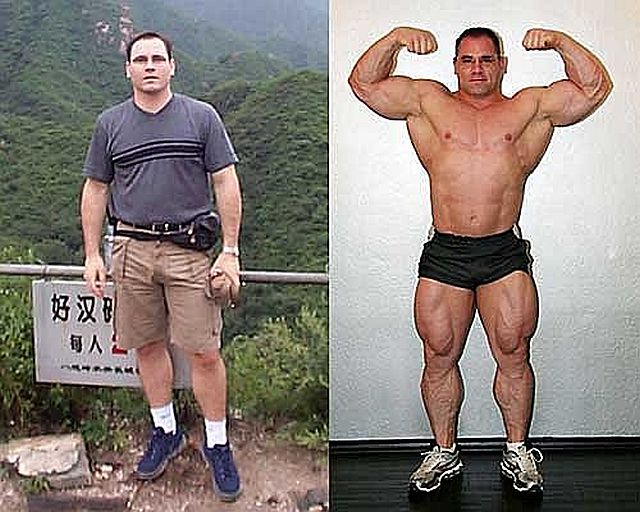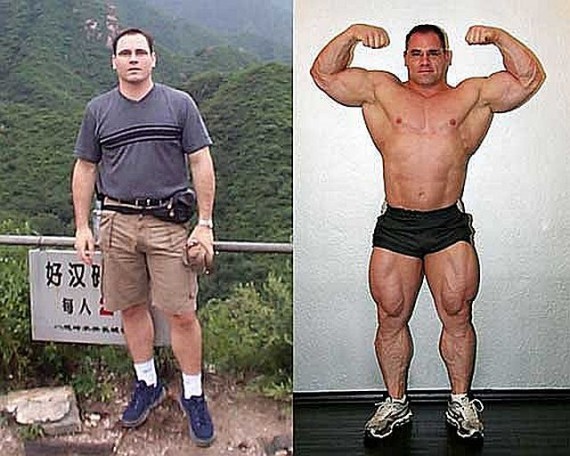
The deaths of convicted steroid dealer David Jacobs and Amanda Savell have been officially ruled a murder suicide. But the Plano Police Department made a mistake by failing to pass the investigation over to an independent agency.
Why was this the obvious call?
It gives the appearance of a conflict of interest when Plano Police are investigating the suspicious death of a convicted steroid dealer who could have ratted out police officers who purchased steroids from him not only in the Plano Police Department but also the Dallas, Garland, Richardson and Arlington Police Departments; not only that, but he told practically everyone that Plano P.D. stole $4500 and human growth hormone from him during the April 2007 raid of his residence.
Tanya Eiserer (following up on Jason Trahan’s story) called them out on their conflict of interest in the Dallas Morning News, yet Plano P.D. couldn’t see any reason why they shouldn’t investigate (“Steroid dealer David Jacobs’ death ruled a suicide,” June 6).
The Plano Police Department will handle this investigation as we do with all of the others, Plano Officer Andrae Smith said Friday. The bottom line is there’s no reason to conclude that we shouldn’t investigate this.
Furthermore, the circumstances of the death, specifically the uncommon case of multiple gunshots in the Jacobs’ suicide, make the death somewhat suspicious even in the absence of a clear conflict of interest by police. The Dallas Morning News reports that David Jacobs “died of two self-inflicted gunshot wounds to his stomach and head.”
How often do suicide victims turn up with multiple gunshot wounds? Steroid Nation found a paper to answer this question – according to the American Journal of Forensic Medical Pathology (1981 Sep;2(3):239-42), approximately 1.6% of firearm suicides have multiple gunshot wounds.
Grits for Breakfast asks what are the odds that an steroid dealer selling steroids to a major police department in Texas AND a pharmacist selling steroids to a major police department in New York both committing suicide with multiple gunshot wounds before they testify against any police officers (“Informant who accused Metroplex police of steroid use turns up dead,” June 6).
A similar case involving NYPD in January caught my eye, and made me wonder just how deep the rabbit hole goes regarding steroid use in law enforcement. A pharmacist set to testify against NYPD police was found shot to death. As I pointed out previously, “his case was ruled a suicide, despite ‘gunshot wounds to the chest and head.'” Reacting to this news, I’d wondered “Have you ever heard of a suicide with two shots to the chest and the head? If the guy accusing Roger Clemens turned up dead under these circumstances, do you think there’d be a bigger media hoopla than the one-day story in passing that constituted coverage of this pharmacist’s death?”
Now we’ve seen informants accusing police of steroid use at two of the largest police departments in the country turn up shot to death within months of one another under suspicious circumstances before they could testify.
Maybe it’s a coincidence. Maybe both cases were suicides, or perhaps one or both were killed by non-police customers or suppliers. I’m not so much speculating about likelihoods as acknowledging a dark, unhappy, but seemingly inescapable hunch. I’d certainly feel better if the FBI or somebody outside Plano PD took over the task of investigating David Jacob’s’ death.
The Plano Police Department should have learned from the “suspicious-looking” suicide in the Lowen’s Pharmacy steroid case.
The family, friends and loved ones of the deceased need some sort of closure in this tragedy. But the poor judgment exercised in the investigation of this case by the Plano P.D. will only provide fodder for conspiracy theorists to keep this story alive indefinitely.

About the author
Millard writes about anabolic steroids and performance enhancing drugs and their use and impact in sport and society. He discusses the medical and non-medical uses of anabolic-androgenic steroids while advocating a harm reduction approach to steroid education.

I knew Dave and Amanda. Pretty well. There’s no way he killed Amanda or himself. I personally know of 3 police officers in the gym I worked at that he and Amanda frequented who used steroids. Whether or not Dave supplied them would be speculation on my part right now. One person who I personally witnessed unloading gear out of his car and into a co-worker’s(who was fired soon after for attempting to sell out of our gym) was a famous local police officer/bodybuilder. We had him on camera. Just makes me wonder. I’m going to look further into this. I’ve since moved away from Plano and I’m just now learning of David and Amanda 7 years after the fact. Heartbreaking.